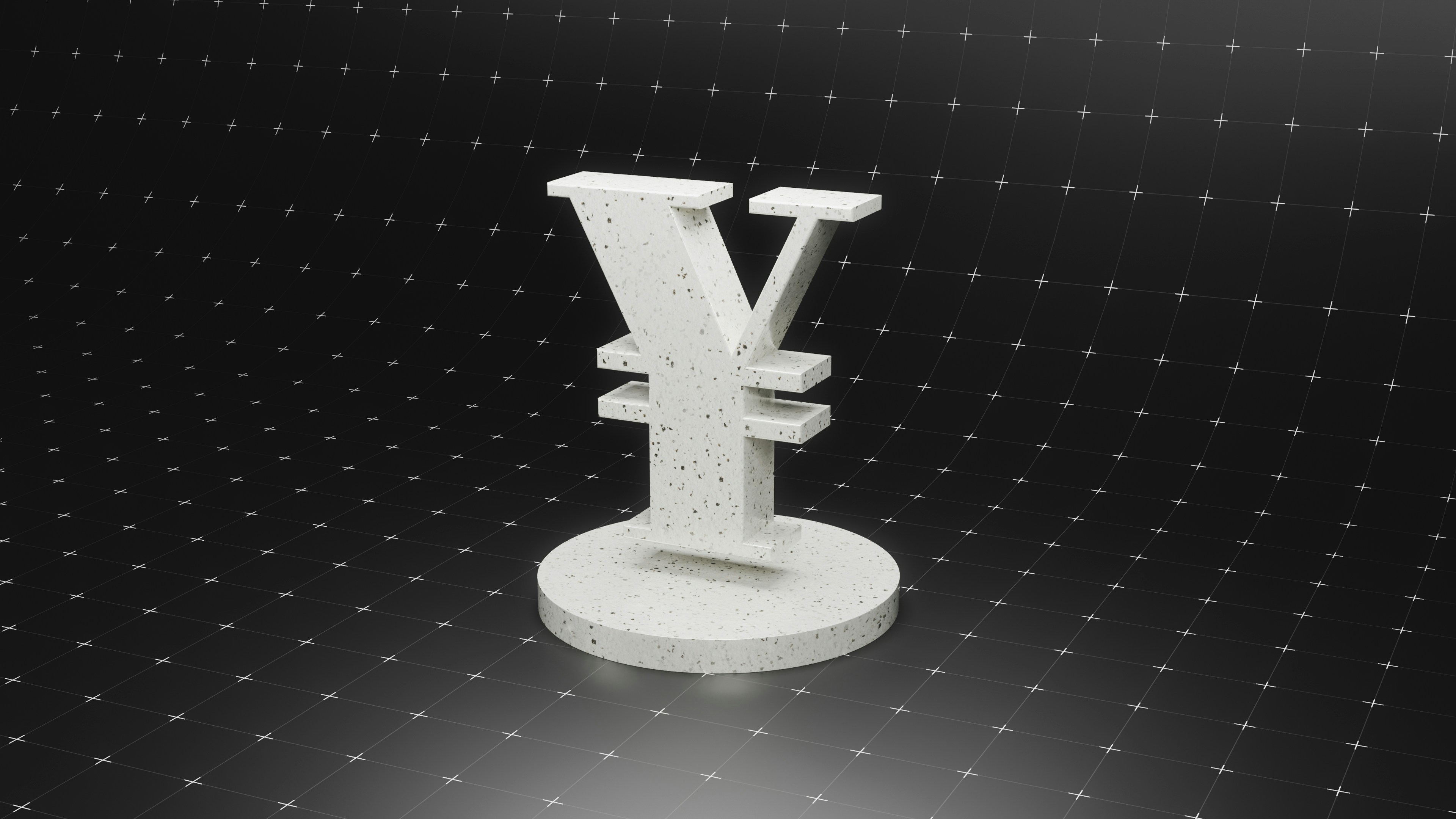Global Ripple Effects: What The Bank Of Japan's Rate Hike Means For Investors

The Bank of Japan (BoJ) recently made headlines by raising interest rates to their highest level in 17 years. This decision marks a significant departure from the country’s longstanding ultra-loose monetary policy and is seen as a response to growing inflationary pressures and the need for sustainable economic growth. In this article, we explore the implications of this historic move for international investors and global financial markets.
Why the Rate Hike Matters
For decades, Japan has maintained some of the lowest interest rates in the world, creating a unique dynamic within global financial markets. The BoJ’s policies have often enabled cheap borrowing and influenced global liquidity. This recent shift signals that Japan’s economy is undergoing fundamental changes, including rising inflation and an increased focus on wage and price growth.
By tightening monetary policy, the BoJ aims to stabilize inflation while ensuring long-term economic sustainability. This move also aligns Japan more closely with other major central banks, such as the Federal Reserve and the European Central Bank, which have also raised rates to combat inflation.
Impact on Global Foreign Exchange Markets
One immediate effect of the BoJ’s decision is on the Japanese yen. Higher interest rates typically strengthen a currency, as global investors seek to capitalize on better yields. For the yen, this means a potential reversal of its long-standing weakness against currencies like the U.S. dollar and the euro.
Currency traders are likely to see increased volatility in yen-related currency pairs, such as USD/JPY and EUR/JPY. A stronger yen could also make Japanese exports more expensive, potentially impacting companies reliant on international trade. Conversely, businesses that import goods may benefit from lower costs due to the stronger yen.
Implications for International Investors
Equities:
The BoJ’s rate hike could lead to mixed results in Japan’s equity markets. Higher borrowing costs might pressure companies with significant debt, particularly in industries such as real estate and heavy manufacturing. However, sectors like financial services may benefit from improved profit margins due to higher interest income.
Foreign portfolio investors may need to reassess their exposure to Japanese equities, especially if the stronger yen and higher rates impact corporate earnings. That said, companies focusing on domestic demand may become more attractive in this environment.
Fixed Income:
The rate hike makes Japanese government bonds (JGBs) more appealing to global investors. After years of low yields, higher rates could attract significant foreign investment into Japan’s bond market. This shift may lead to capital outflows from other bond markets as investors seek the relative safety and stability of JGBs.
Real Estate and Alternative Investments:
Japan’s real estate market could face headwinds as borrowing costs increase, potentially cooling demand in both residential and commercial property sectors. For international investors, this might limit opportunities in real estate investment trusts (REITs). However, alternative investments, such as infrastructure projects or technology-focused ventures, could offer promising returns.
Trade and Global Economic Dynamics
A stronger yen resulting from higher interest rates could make Japanese exports less competitive in global markets. Industries such as automotive and electronics, which are cornerstones of Japan’s export economy, may face challenges. This could lead to a reshuffling of global trade dynamics, particularly in regions heavily reliant on Japanese goods.
On the other hand, imports to Japan may become cheaper, benefiting consumers and businesses reliant on foreign raw materials. These changes could ripple through global supply chains, influencing trade balances and economic activity in key trading partners.
Risks and Opportunities for Investors
Risks:
Market Volatility: The yen’s appreciation and higher interest rates could create uncertainty in currency and equity markets.
Corporate Debt Pressures: Companies with high leverage may face increased costs, potentially impacting profitability.
Opportunities:
Attractive Bond Yields: JGBs offer an opportunity for fixed-income investors seeking stability.
Sector-Specific Gains: Financial services and domestically focused companies may outperform in the new economic environment.
Portfolio Diversification: Japanese assets could provide a hedge against economic slowdowns in other regions.
Strategic Takeaways for Investors
The Bank of Japan’s rate hike marks a pivotal moment for the country’s economy and its role in global financial markets. For investors, this development presents both challenges and opportunities. Key strategies to consider include:
Currency Hedging: Protecting against yen volatility to minimize risks.
Portfolio Rebalancing: Increasing exposure to Japanese bonds or equities that stand to benefit from the policy shift.
Sector Analysis: Identifying industries and companies poised to thrive in a higher interest rate environment.
As the BoJ signals the potential for further rate increases, staying informed and agile will be critical. Monitoring Japan’s economic trajectory, including wage and price growth trends, will help investors navigate this evolving landscape effectively.
Author: Brett Hurll
Excent Capital: Supporting The Growth Of LATAM Advisors
The wealth management industry in Latin America is expanding rapidly due to stronger economies and a growing number of... Read more
Parallel Banking: Stablecoins Are Now Global
Parallel Banking: How Stablecoins Are Building a New Global Payments SystemStablecoins—digital currencies pegged to tr... Read more
Industry Responses: Strategies For Overcoming Regulatory Challenges In US Bitcoin ETF Approval
The journey towards the approval of Bitcoin Exchange-Traded Funds (ETFs) in the United States has been fraught with regu... Read more
Navigating Market Volatility: Assessing The Impact Of A Strengthening Dollar On US Stocks
In recent months, US stock markets have experienced a notable rally, with indices reaching new highs. However, amidst th... Read more
Forex Today: BoE & ECB Seen Holding Rates Today - 05 February 2026
Policy Meetings Today at Bank of England and European Central Bank; Tech Stock Selloff Continues; Gold, Silver Consolida... Read more
Blockchain's Truth Machine: How Prediction Markets Are Redefining Global Forecasting - 04 February 2026
Discover how blockchain-based prediction markets like Polymarket are revolutionizing global forecasting with $44 billion... Read more

